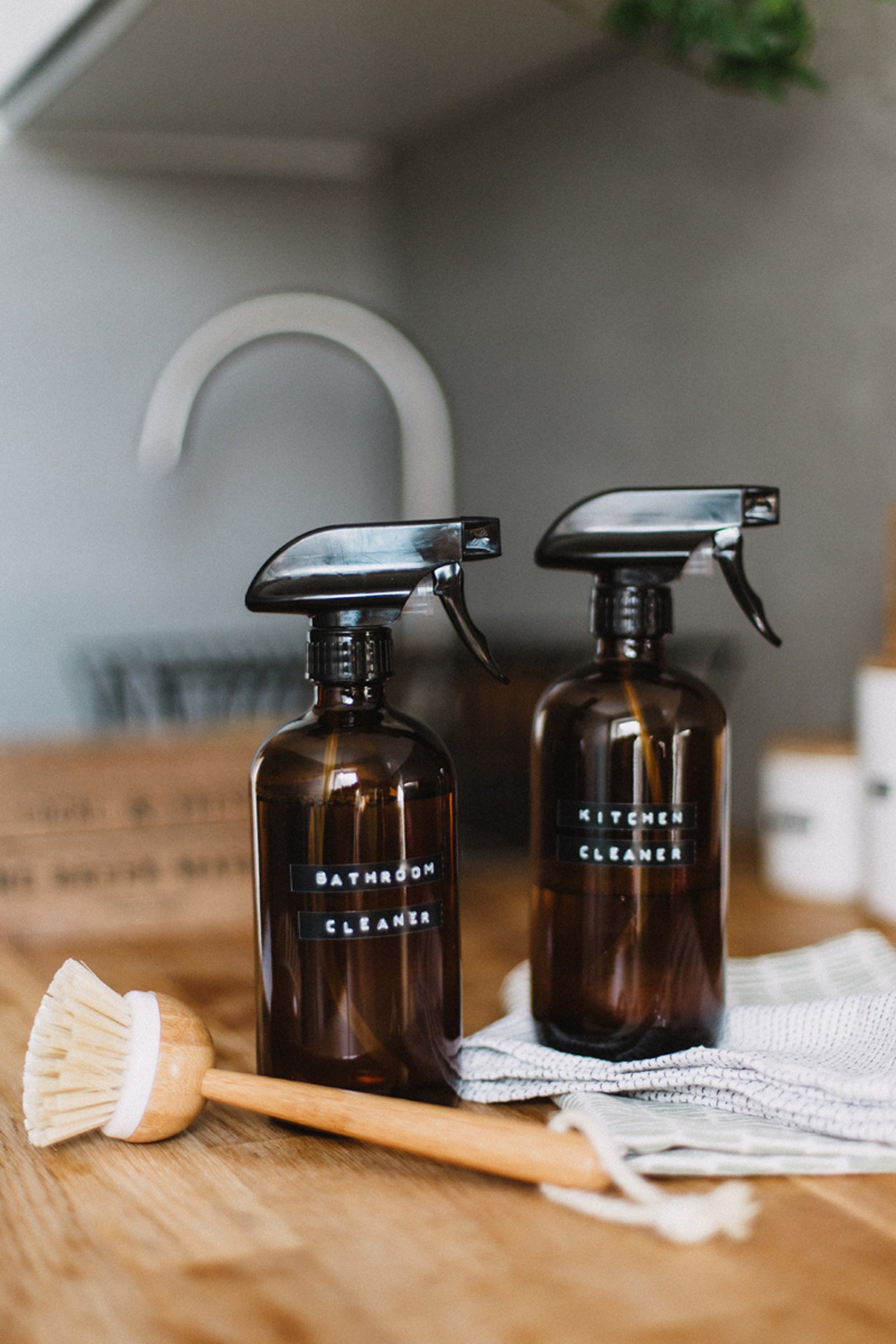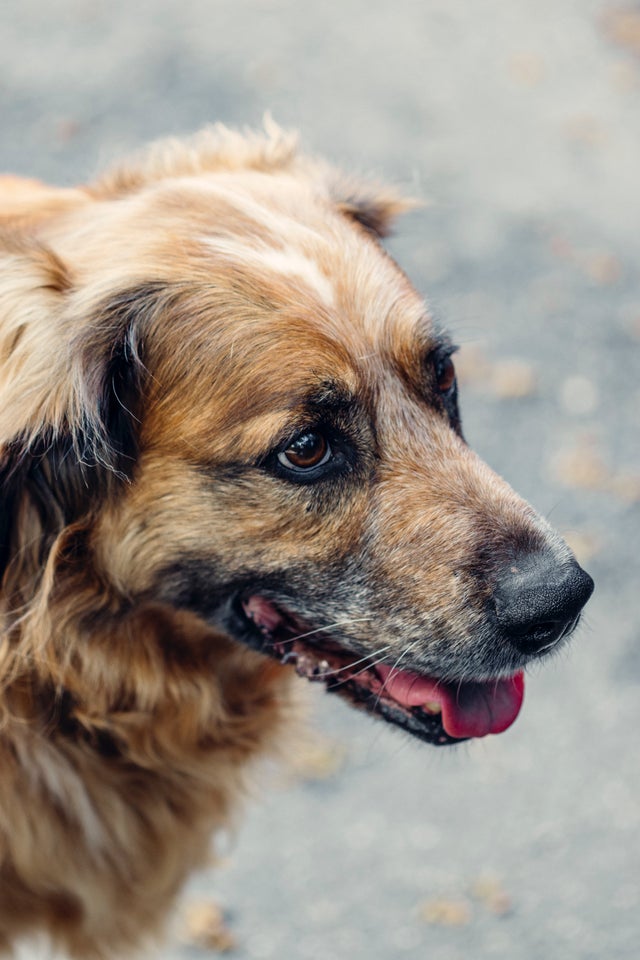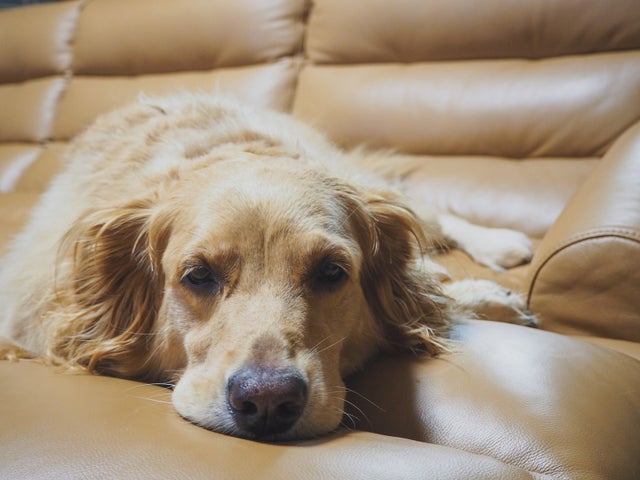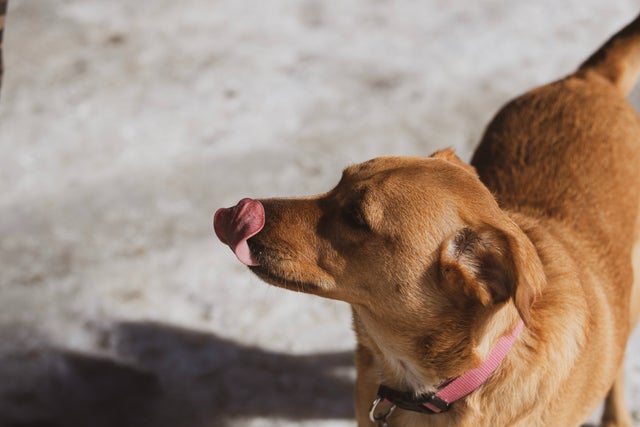Your dog is lower to the ground than you are, and they use their nose to explore the world around them. Being closer to the ground means they are exposed to whatever is on the floor at a much higher concentration than you are, so it’s important to be mindful about what you are using on your floors and how it may impact your pets. Luckily, there are many natural cleaning recipes with products you probably already have in your pantry that are safe for your pets.
First of All, What Not to Use
Dogs are incredibly sensitive to a few chemicals and you should avoid them because they can be toxic. Your dog senses the world with their nose and it probably ends up a lot closer to things in your house than your nose does. So, you might not notice the fumes from these products, but your dog does. Avoid using products that contain:
- Ammonia
- Isopropyl alcohol
- Formaldehyde
- Phenols
- Perchloroethylene
- Phthalates
One notable exception is bleach, but if you use it, be careful. Always dilute bleach appropriately and make sure the area is dry and well ventilated before returning the pet to the room.
Hard Floor Cleaners
A floor cleaner can be made by mixing vinegar and water in about a 1:4.5 parts mixture vinegar to water. Vinegar is just as effective as commercial floor cleaners at fighting microbial activity. You can also add a few drops of essential oils to the mixture if the vinegar smell bothers you. Use only what you need, as a high concentration of essential oils can also be toxic to pets. Some people advise against using pine, tea tree, and orange essential oils. Arborvitae is a good substitute for pine, with antibacterial and antifungal properties and a woody, forest scent. It’s also good for preserving wood floors and furniture.
Whatever you choose to use, don’t let your pet walk on the surface you just cleaned until it is dry. Dogs and cats groom themselves and may lick their paws. It is safer to avoid them stepping directly in your cleaner and ingesting anything you use.
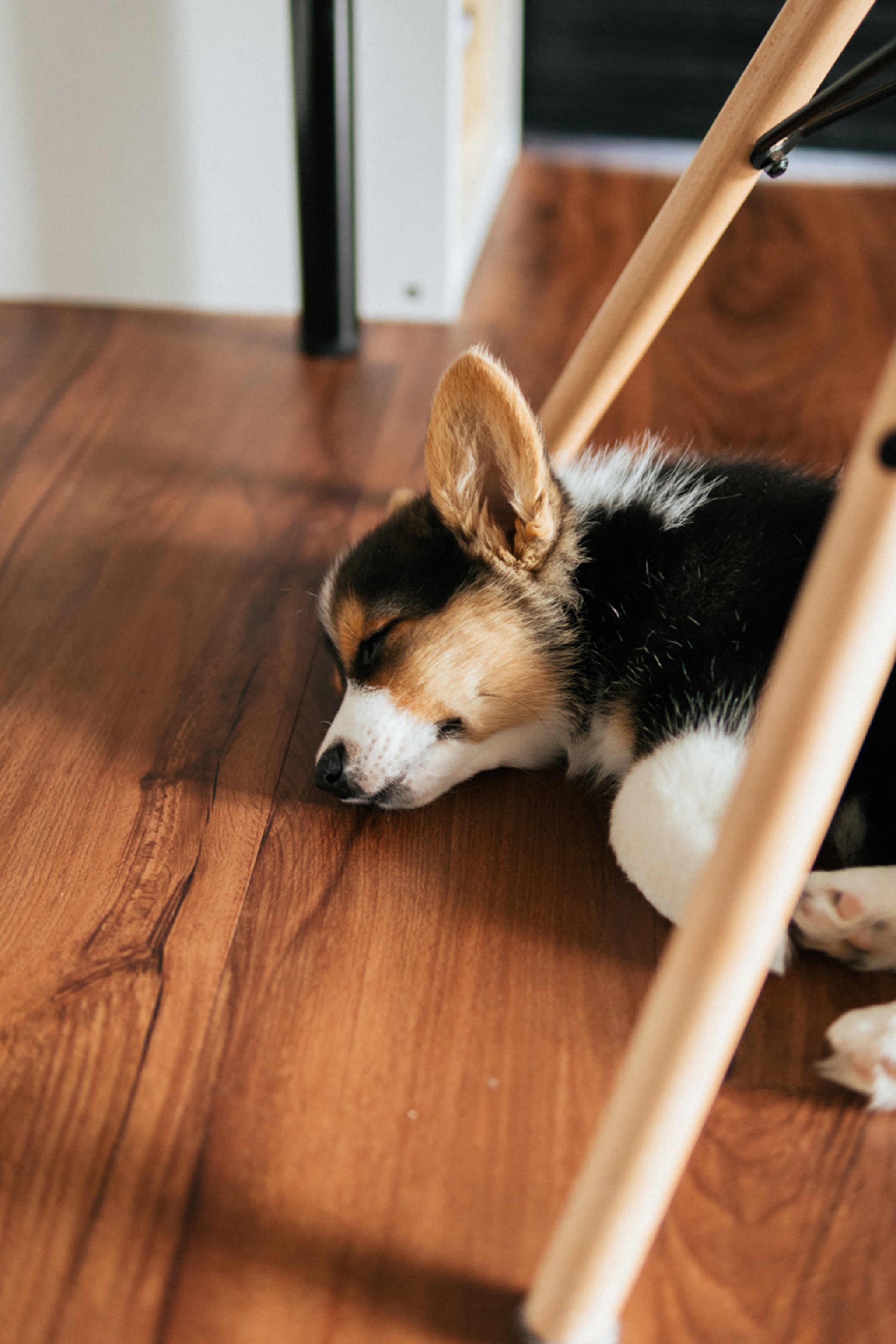
Carpet Cleaners
It’s no secret that stains happen on your carpet...many times from your pet. You can make a carpet cleaner for urine, vomit, and other stains using ½ cup 3% hydrogen peroxide and 1 teaspoon dish soap. To use, first blot stain with water and a paper towel or cloth, then sprinkle with baking soda and pour the solution of hydrogen peroxide and soap on top. Scrub at the stain with a cloth or brush and then vacuum after 10 minutes.
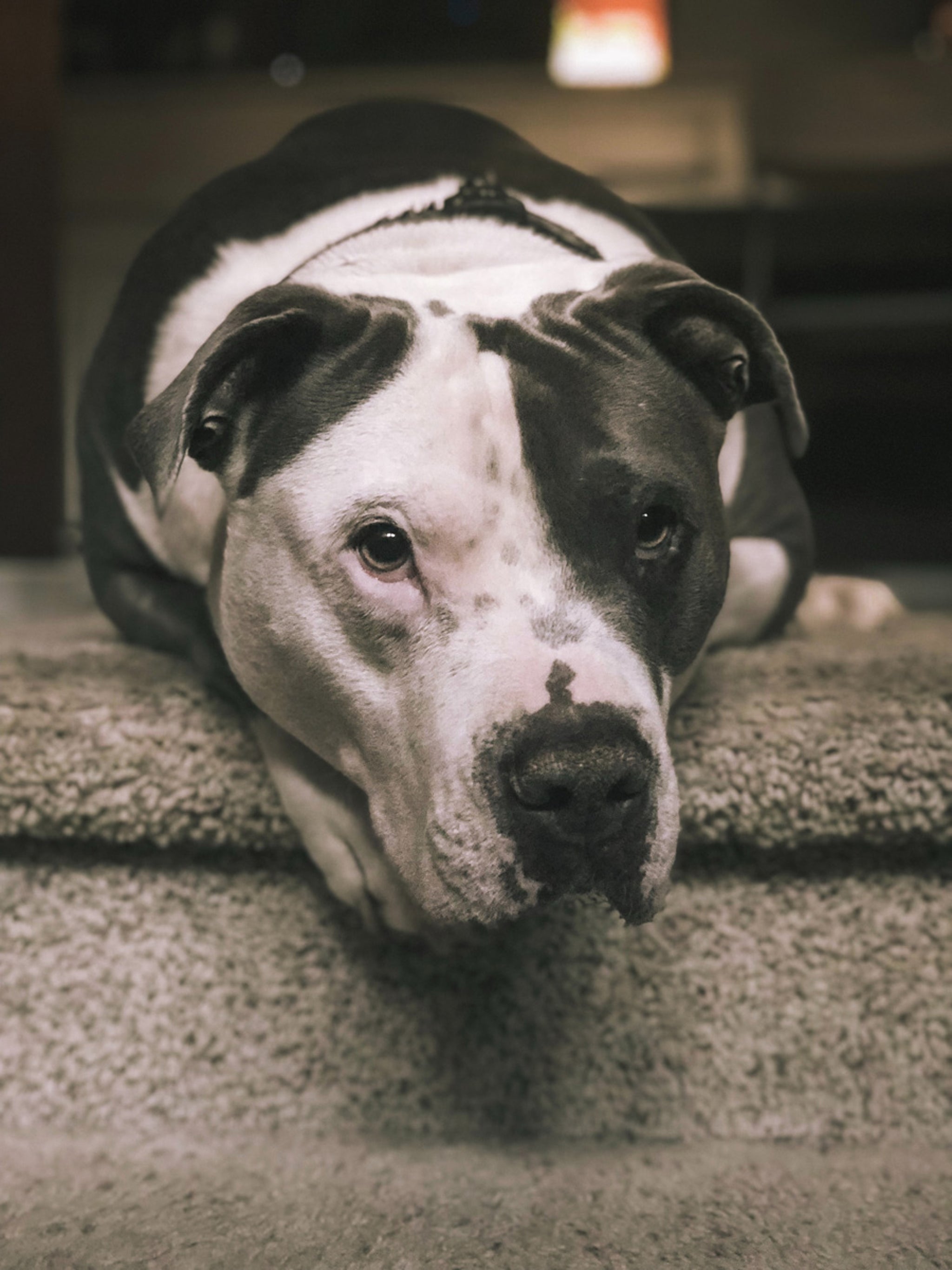
Baking soda can also be used as a carpet freshener. You can sprinkle some baking soda directly on the carpet, let it sit for 15-30 minutes, and then vacuum right up. It’s an easy odor freshening agent that has been used for decades.
Window Cleaners
You can make a window cleaner with a proportion of 5 tablespoons lemon juice and 2 liters water. You could buy a spray bottle from a grocery or drug store to spray the solution, before wiping clean with an old t-shirt or paper towel.
You can alternatively make a 1:1 mixture of vinegar and water to clean windows. Spray on and then wipe dry.
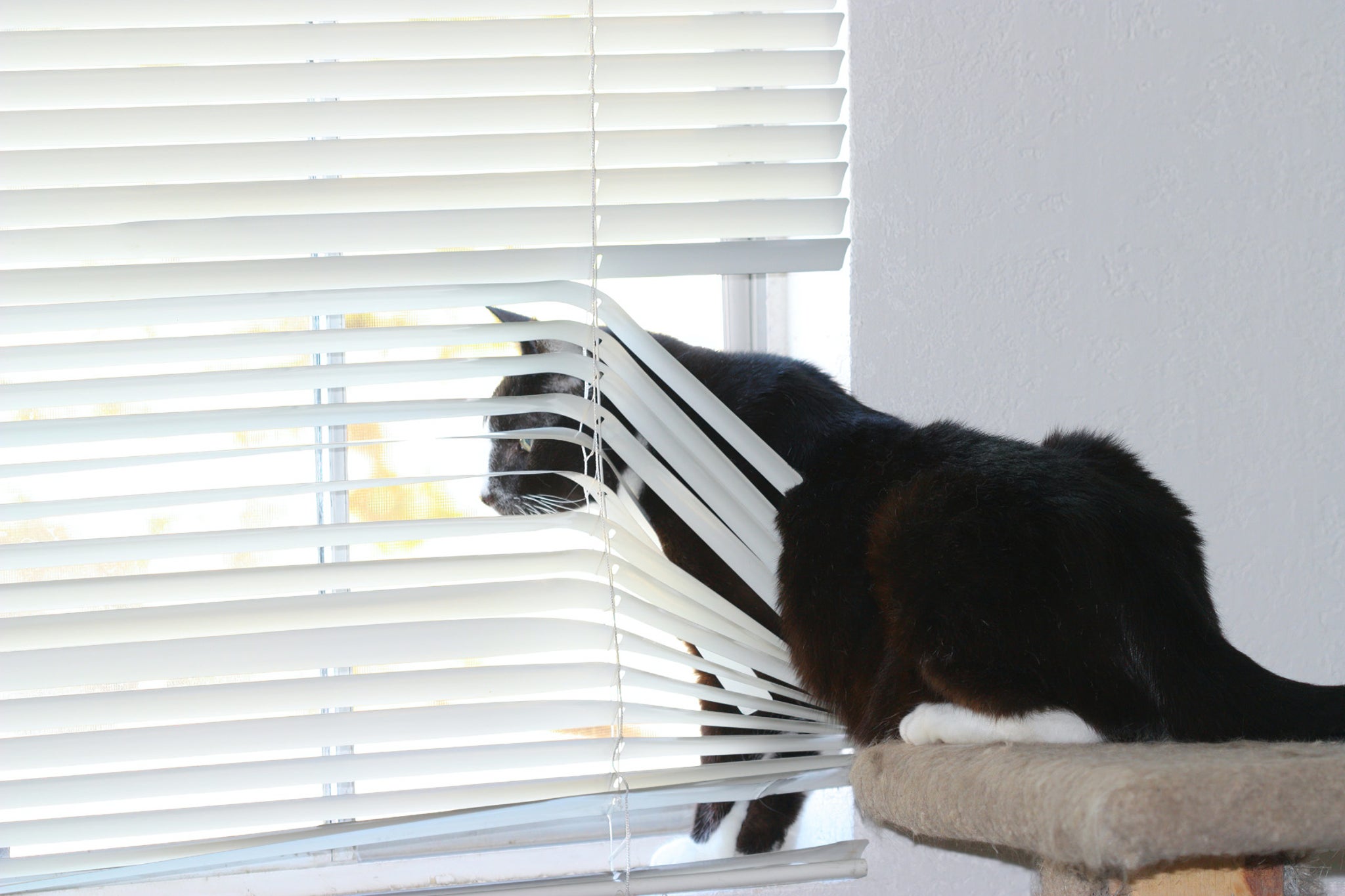
Counter and Multi-surface Cleaner
Baking soda can be mixed with equal parts warm water and salt to form a paste that can be used to clean your pet’s food bowl, as well as countertops and other surfaces in your house. Be sure to rinse thoroughly.
A vinegar and water mixture in a 1:4.5 ratio can be used to clean plastic toys and other nonporous materials. Remember to rinse thoroughly after cleaning.
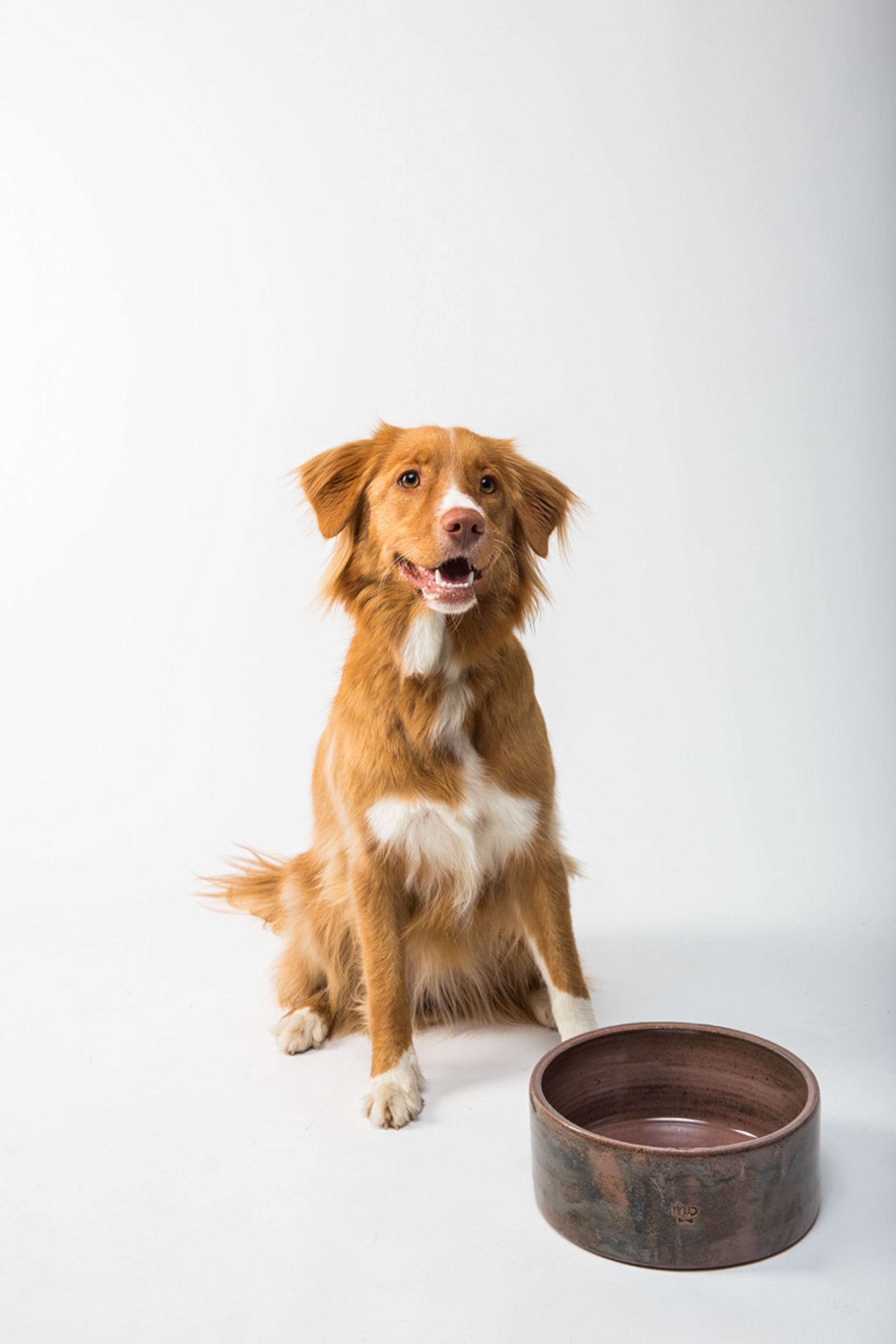
Bathroom Cleaner
You can make a toilet, hard surface, and shower scrub using ½ cup baking soda, ¼ cup washing soda, and ¼ cup salt. You may want to mix with warm water, and then rinse with water alone when finished to remove any residue. You can also add a few drops of desired essential oils to bring a pleasant smell. Again, only use what’s necessary so the mixture isn’t toxic for your pet.
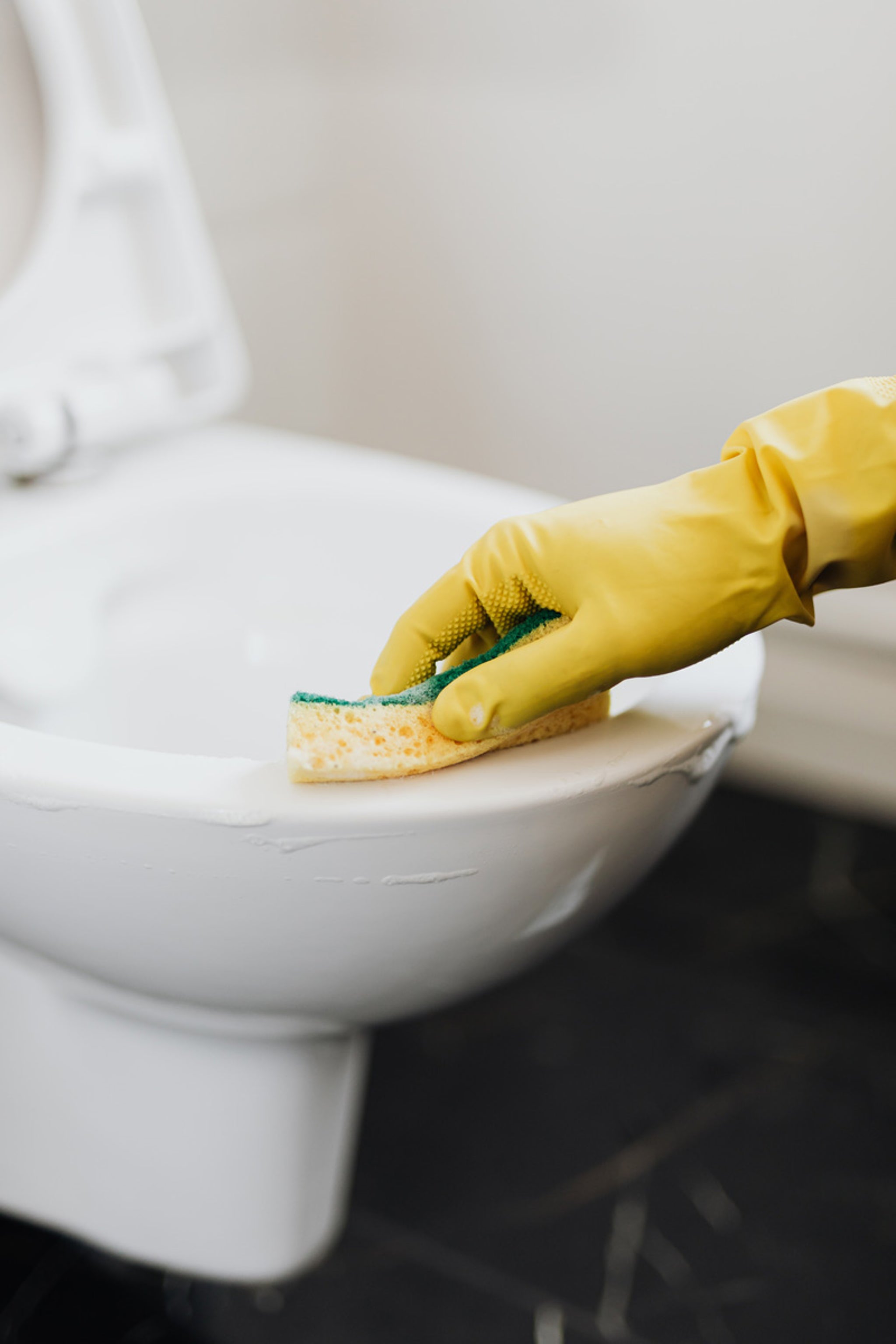
Laundry Detergent
Standard laundry detergents are generally considered safe for pets, but never use bleach on your dog’s bedding. Definitely avoid using intense cleaners with strong fragrance on your pet’s bed, toys, or clothing as they could be extra sensitive to it. You can make a pet-safe laundry detergent with 7 liters of hot water, 1 cup baking soda, 1 cup liquid castile soap, and 3 cups sea salt.
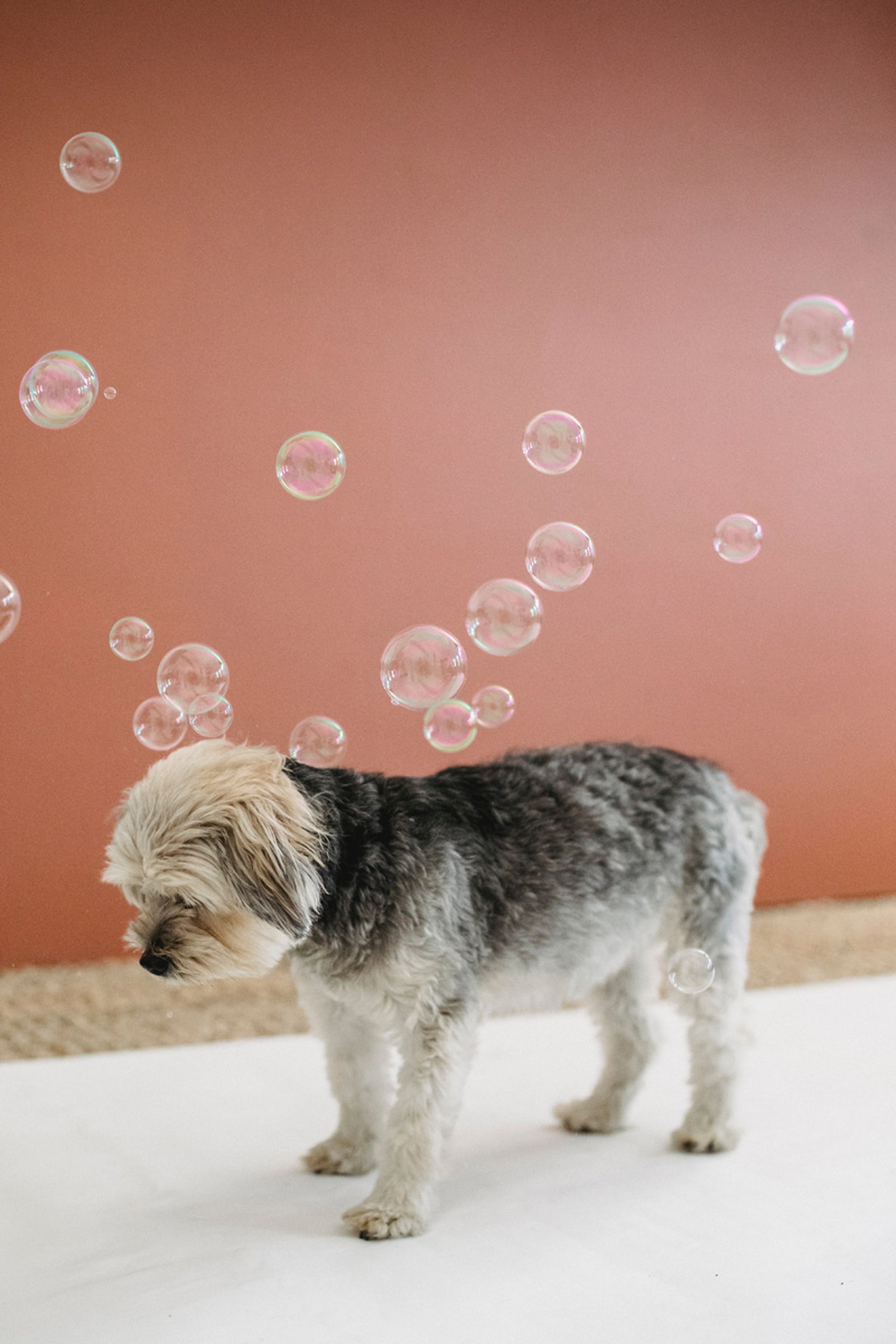
Whatever you use, remember that your pet is a lot closer to it than you are. Avoid walking away from a bucket or cleaning agent in the middle of use, because your pet could get into it. It’s also safest to avoid your pet touching whatever you’re cleaning while it’s wet. You can always contact your veterinarian if you have any questions about the cleaning products you’re using.

